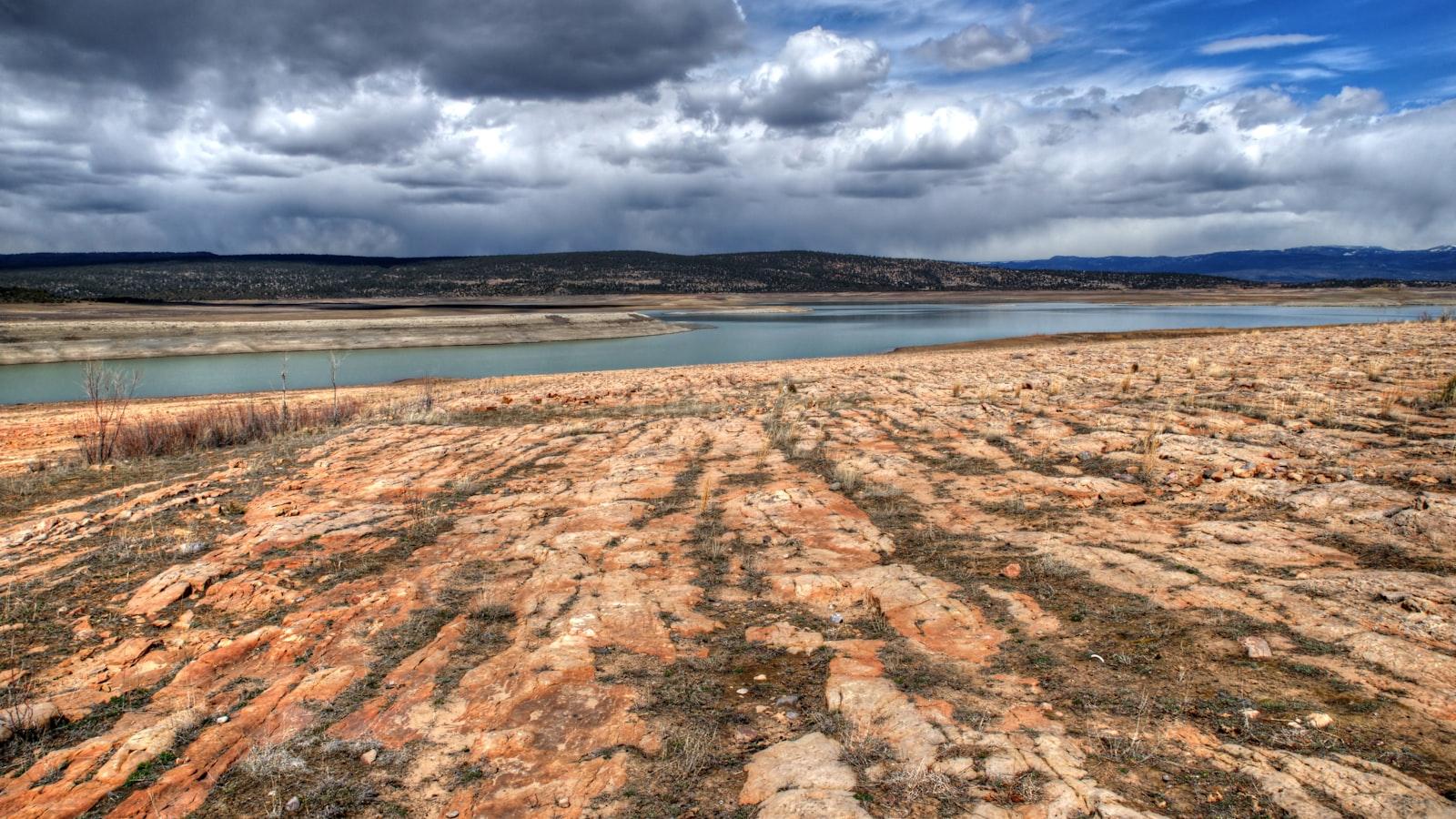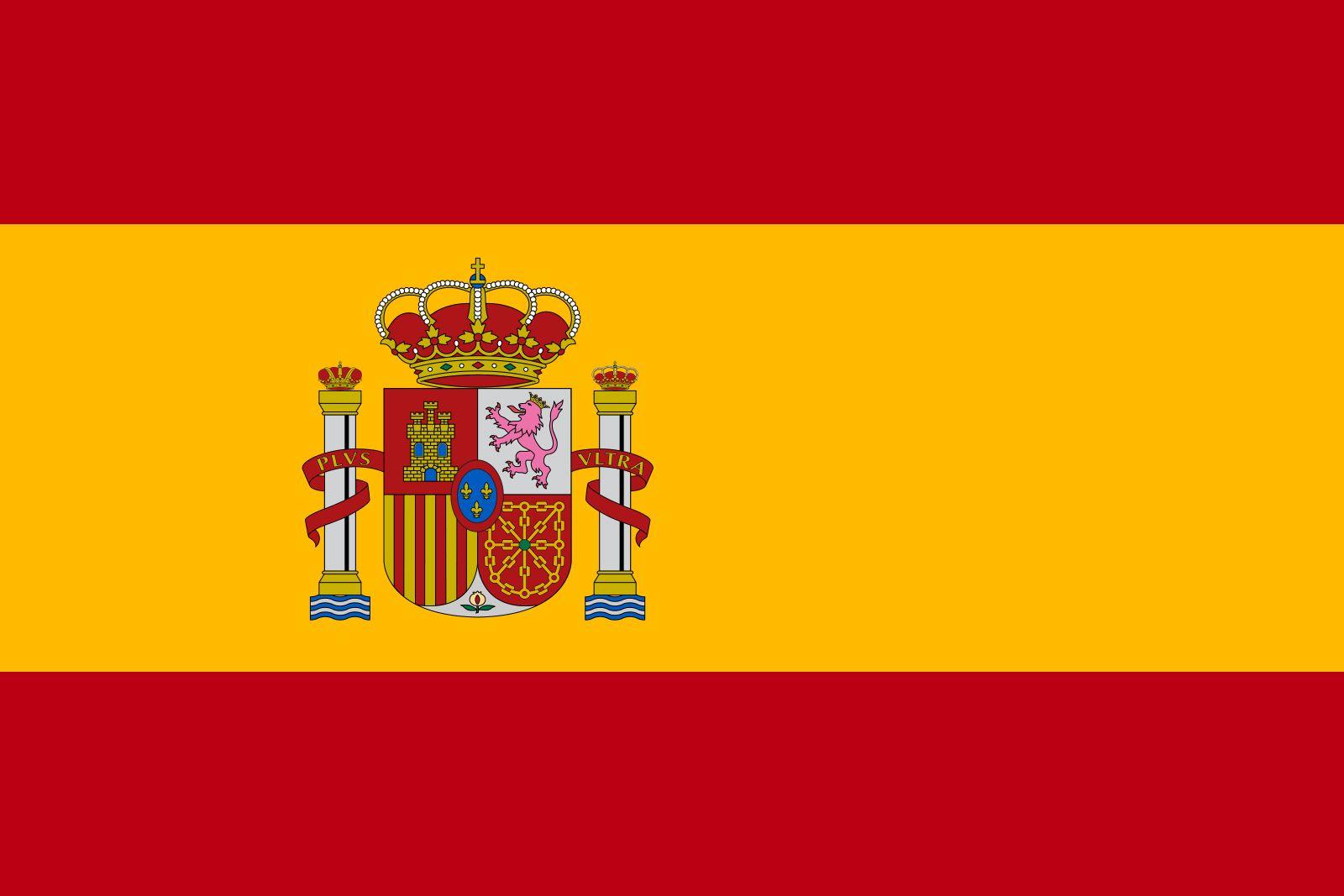In the corridors of diplomacy and the chambers of political decision-making, the course of international relations often unfolds like a novel, with each chapter bringing unforeseen twists and unexpected protagonists to the fore. Amidst such a tableau, Spain has emerged as a potential game-changer in the intricate narrative of the Middle East conflict. With the stroke of a political pen and the vision of Prime Minister Pedro Sánchez, Spain stands on the cusp of an epochal shift in its foreign policy. The year, as narrated by whispers in the halls of power and the murmurs of diplomatic circles, may witness Spain extending formal recognition to the Palestinian State.
This bold proposition does not exist in isolation. It intertwines with threads of historical complexities, geopolitical chess games, and the heartfelt aspirations of peoples yearning for recognition and peace. As the Spanish government contemplates this significant step, a myriad of questions and considerations hover like specters over the decision-making process. What implications will this have for Spain’s relations with its European neighbors and allies across the Atlantic? How will this affect the delicate balance of power and the ceaseless quest for peace in the Middle East?
Join us as we navigate the intricacies of this unfolding narrative, exploring the motivations behind Spain’s potential recognition of the Palestinian State, the reactions it has stirred among global players, and the ripples it may send across the diplomatic waters. In doing so, we endeavor to present a nuanced understanding of an issue that, at its heart, transcends political boundaries and speaks to the universal quest for dignity, sovereignty, and the right to self-determination.
Sánchez Proposes Spain’s Recognition of Palestinian State in a Bold Move
In an unprecedented move amidst a backdrop of longstanding geopolitical tensions, Spanish Prime Minister Pedro Sánchez has laid out an audacious plan that could transform Spain’s diplomatic stance on the Israeli-Palestinian conflict. This approach, drawn from a labyrinth of international law, moral obligations, and strategic interests, aims to navigate the treacherous waters of Middle Eastern politics by proposing Spain’s formal recognition of a Palestinian State. Such a proposition is not merely a gesture of acknowledgment but a potential catalyst for reinvigorating stalled peace negotiations. With the timeline ambitiously set for this year, Sánchez is steering Spain onto a path that could either bridge divides or deepen dissentions.
Digging deeper into the intricacies of this proposal reveals a multifaceted strategy aimed at bolstering Spain’s role on the global stage while advocating for peace and stability in one of the world’s most tumultuous regions. Key components of Sánchez’s plan include:
- Fostering direct dialogue between Israeli and Palestinian leaders, with Spain playing a mediating role.
- Enhancing humanitarian aid to Palestinian territories to alleviate immediate suffering and support economic stability.
- Encouraging European Union member states to adopt a unified stance on this issue, leveraging collective influence for greater impact.
- Implementing confidence-building measures to safety-tips-for-visitors-enjoying-the-sun-and-sea-in-benidorm/” title=”Beach Safety Tips for Visitors: Enjoying the Sun and Sea in Benidorm”>ensure the safety and security of both Israeli and Palestinian communities.
These elements underscore the comprehensive nature of Spain’s approach, hinting at a deeply considered strategy rather than a simple diplomatic gesture.
| Action | Objective | Expected Outcome |
|---|---|---|
| Dialogue Facilitation | Mediate Israeli-Palestinian talks | Revitalized peace negotiations |
| Humanitarian Aid | Support Palestinian economy | Improved living conditions |
| EU Unified Stance | Strengthen diplomatic position | Enhanced international influence |
| Confidence-Building Measures | Ensure community safety | Stable and secure environment |
Through such a bold declaration, Sánchez is not just reshaping Spain’s foreign policy playbook but is tacitly inviting other nations to reflect on their roles and responsibilities within this protracted conflict. Whether this endeavor fortifies Spain’s influence in international diplomacy or leads to unforeseen challenges remains a subject of intense speculation. Yet, it unequivocally marks a significant moment in Spain’s engagement with the complex dynamics of the Middle East.
The Political and Diplomatic Implications of Spain’s Potential Recognition
In exploring the nuanced tapestry of international relations, the potential recognition of the Palestinian State by Spain under the leadership of Prime Minister Pedro Sánchez heralds a pivotal shift. This move, while symbolizing Spain’s progressive stance on diplomatic engagements and human rights, could stir the pot of existing geopolitical dynamics significantly. In essence, Spain’s recognition could inspire a domino effect, encouraging other nations to follow suit, thereby amplifying the diplomatic legitimacy of the Palestinian State on the global stage. However, this step is not without its complexities, as it sharply brings into focus Spain’s relationships with other key players, notably Israel and the United States, who have historically been less supportive of such unilateral recognitions.
The ramifications of this potential recognition extend beyond the immediate diplomatic circles; it insinuates a recalibration of alliances and could necessitate a revisiting of defense and trade agreements for Spain. Spain’s actions could be viewed as a beacon of hope for those advocating for Palestinian statehood, yet it simultaneously challenges the existing equilibrium, potentially impacting Spain’s diplomatic rapport with certain nations. Following is a simplified breakdown of potential effects:
Impact on diplomatic relations:
- **European Union Dynamics:** Fosters debate within the EU regarding the bloc’s stance on Palestine, potentially influencing collective foreign policy.
- **U.S.-Spain Relations:** May introduce strains, considering the U.S.’s traditional stance, thereby affecting negotiations and bilateral talks on various issues.
Trade and Defense Repercussions:
- **Trade Agreements:** Might lead to a re-examination of trade deals with nations opposing Palestine’s recognition, altering economic ties and considerations.
- **Defense Collaborations:** Could recalibrate Spain’s defense strategies and partnerships, especially with nations opposing this move, impacting military agreements and intelligence sharing.
The decision carries weight, embodying Spain’s intention to carve a role for itself as a champion of peace and state sovereignty. Nonetheless, as the dust settles on the announcement, the global community watches with bated breath to see the unfolding of this diplomatic gambit and its implications for international relations.
Navigating International Reactions: Steps Spain Should Consider
In the intricate dance of international diplomacy, Spain’s ambition to recognize the Palestinian State within this year places it on a delicate balancing beam. To maintain equilibrium and foster a positive global reaction, it is crucial for Spain to engage in a multifaceted approach. Engaging in thorough diplomatic discussions with key international players should be at the forefront. This includes not only the direct parties involved, such as Israel and Palestine but also influential nations and blocs that have a stake in the region’s peace and stability. Additionally, leveraging international forums like the United Nations to advocate for peace and recognition can amplify Spain’s voice and intentions, potentially garnering broader support for its diplomatic endeavors.
| Step | Action |
|---|---|
| 1 | Initiate dialogue with both Israeli and Palestinian leaders |
| 2 | Consult with EU partners and strategize a unified approach |
| 3 | Engage with Arab League and other regional entities for support |
| 4 | Use international platforms for advocacy and peace negotiations |
Exploring the nuances in the reactions of different nations is quintessential. For instance, understanding the U.S.’ position and its potential implications on Spain-U.S. relations is indispensable, given America’s significant influence in the region. In parallel, recognizing how this move might affect Spain’s ties with other European countries, many of which have yet to recognize Palestine, is equally important. Developing a comprehensive communication strategy that addresses the concerns and questions of the international community can help mitigate any negative fallout. The inclusion of stakeholder analysis and risk assessment can inform Spain’s diplomatic corps of potential pushbacks and areas of contention, ensuring that every step taken is measured and anticipates the complex web of international relations.
Recommendations for Spain to Support Peace in the Middle East Through Diplomacy
As Spain considers a significant step towards recognizing the Palestinian State under the leadership of Prime Minister Pedro Sánchez, it’s pivotal to ponder on how such a move could be part of a broader strategy to foster peace in the tumultuous Middle East through diplomatic avenues. Acknowledging the complexity of geopolitical dynamics in the region, Spain has the potential to act as a mediator that champions dialogue and understanding between parties. The first recommendation involves Spain enhancing its diplomatic outreach not just in Palestine and Israel, but across key stakeholders in the Middle East – a move that could pave the way for more cohesive and inclusive peace talks. Establishing unbiased and constructive communication channels with both Israeli and Palestinian leaders, while also engaging regional powers, could serve as a foundation for Spain to facilitate discussions aimed at conflict resolution and peacebuilding.
Furthermore, Spain should embark on spearheading initiatives that encourage collaboration across a spectrum of sectors such as education, technology, and sustainable development between Middle Eastern countries. This approach can help in diffusing tensions indirectly by focusing on common goals and mutual interests that benefit the wider region. Investments in joint development projects and cultural exchange programs could serve as catalysts for fostering a sense of unity and understanding among the diverse communities. Through these measures, Spain could leverage its position in the international arena to advocate for peace and stability, thereby playing a crucial role in transforming the narrative of the Middle East from one of discord to one of cooperation and growth.
| Key Area | Recommended Action |
|---|---|
| Diplomatic Outreach | Enhance communication channels with both Israeli and Palestinian leaders, engaging regional powers. |
| Collaborative Initiatives | Invest in joint development projects and cultural exchanges to foster mutual understanding. |
The significance of Spain’s potential recognition of the Palestinian State extends beyond a symbolic gesture; it could indeed be a strategic maneuver within a larger diplomatic framework aimed at securing lasting peace in the Middle East. Through careful and considerate diplomacy, coupled with targeted initiatives to unite communities, Spain can assert itself as a pivotal player in international efforts to bring about harmony in one of the world’s most long-standing conflict zones.
To Conclude
As the sun sets on yet another day, the prospect of Spain recognizing the Palestinian State looms on the horizon, painting both the future of diplomatic relations and the broader geopolitical canvas with hues of hope and anticipation. In an era where global dynamics are ceaselessly shifting, the decision by Prime Minister Pedro Sánchez to champion this cause is not merely a testament to Spain’s evolving foreign policy but also a reflection of the changing tides in international perspectives on longstanding conflicts.
The journey towards recognition is tangled with complexities, each step forward accompanied by a symphony of voices from various quarters, each resonating with its own conviction. As Spain navigates these waters, the world watches keenly, understanding that this is more than a diplomatic maneuver; it is a beacon of possibility, a call for dialogue, and perhaps a bridge to peace.
In the grand tapestry of global relations, every thread is interwoven with the narratives of nations seeking understanding and coexistence. As we await the unfolding of this historic decision, let it remind us that in the labyrinth of international politics, the path to harmony is through recognition, respect, and an unwavering commitment to the principles of sovereign equality.
May the aspirations of today illuminate the roadmap for tomorrow, guiding us towards a future where diplomacy triumphs, and every state—regardless of its size or strength—finds its place in the mosaic of the world community. As Spain contemplates this bold step, it beckons us all to ponder the possibilities that lie beyond the horizon, in a world where every nation’s sovereignty is acknowledged, and peace is not just an aspiration, but a reality.




